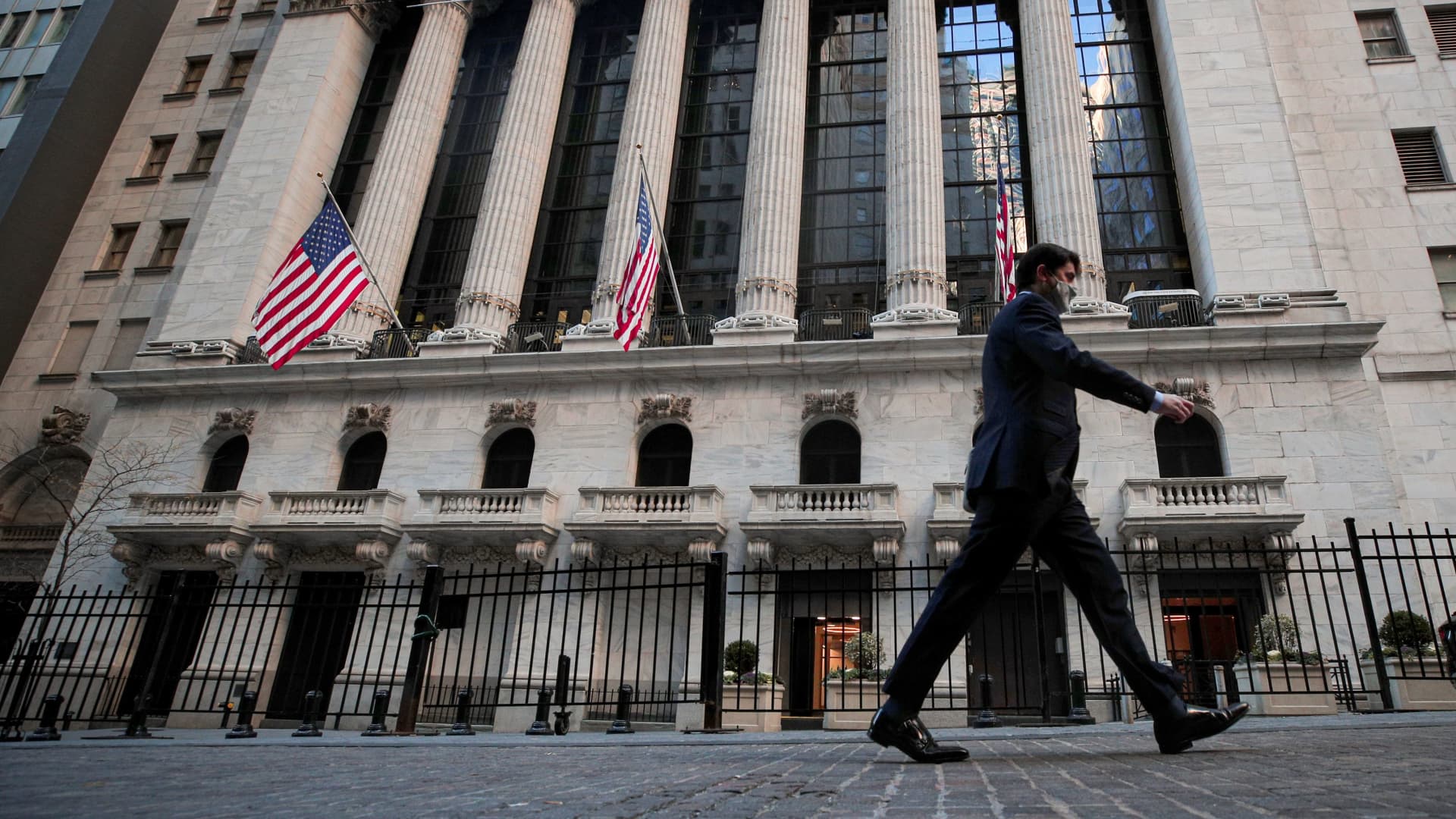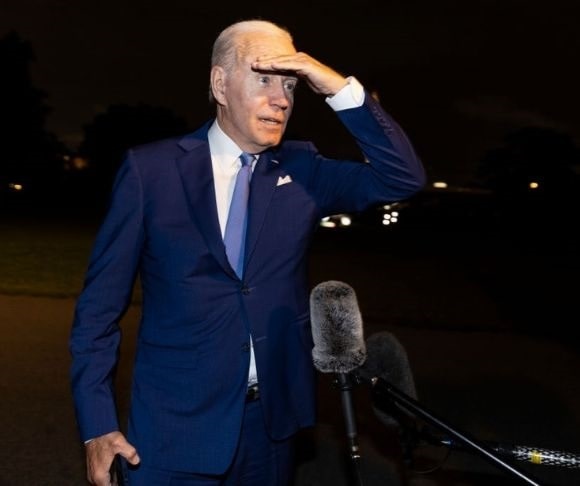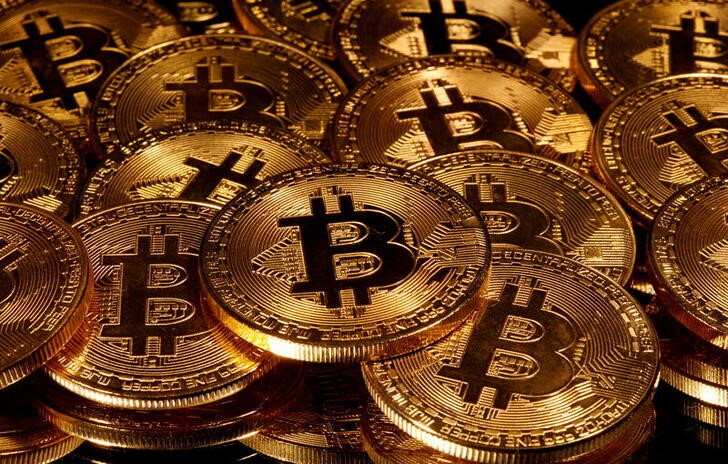In a dramatic series of events, Russia pulled out of its accord on Saturday with Turkey, the United Nations and Ukraine to allow shipments of grain only to resume participation on Tuesday. Moscow’s decisions roiled global agricultural markets and sparked fears of another spell of food inflation. Mint breaks down the developments in the deal.
What was the Black Sea deal?
Ukraine is a major producer of wheat, corn and edible vegetable oils for markets in Asia, Africa and the Middle East. After the Russian invasion in February, Ukrainian ships were unable to secure safe passage out of ports. This fuelled food inflation across the world, particularly in Africa. In late July, Ukraine and Russia, aided by the United Nations and Turkey, signed the Black Sea Grain Initiative. It allowed agricultural products to leave select Ukrainian ports via designated maritime corridors. The first ships set sail on August 1 and the flow of goods has continued since. The implementation of the deal was jointly monitored by Ukraine, Russia and Turkey.
You might also like
Three next-gen Tatas put on a Tata trust board
So, what’s the big deal about the blue tick anyway?
FY24 capex goal may be raised to ₹10 trillion
How Bengaluru airport is bridging the gap with Delhi, Mumbai
Why did the deal fall apart?
When the deal was signed, the Ukraine war seemed like it was moving towards a stalemate. However, the fighting in Ukraine has worsened considerably since then. Ukrainian troops have inflicted heavy defeats on Russia. Civilian infrastructure has been targeted both by Moscow and to a lesser extent by Ukraine. The deal represented the only gesture of goodwill in an increasingly bitter conflict. On 29 October, Moscow pulled out of the deal, leaving its future uncertain. Russia said that drone attacks on its Black Sea fleets had forced its withdrawal from the deal. The UN, Turkey and Ukraine are now scrambling to keep the deal alive. According to some media reports, ships left Ukrainian ports on Monday without interception.
What did the deal mean for global markets?
By mid-September, the Black Sea grain deal made it possible for around 3 million tonnes of goods to reach global markets. Concurrently, prices of key commodities like wheat and corn also came down with the resumption of supply from Ukraine. Wheat futures jumped 6% after news of Russia’s withdrawal broke. Palm oil futures and soybean futures also ticked upwards with the latter hitting a four-month high.
It was expected that Europe, which is already struggling with energy inflation, would be hit hard. Developed European nations have been the foremost beneficiaries of the Black Sea deal, given their imports of Ukrainian grain and corn. It was feared that a disruption in supply will fuel further inflation and worsen Europe’s cost of living crisis.
Egypt, India and Tunisia also benefited from the supply of goods. While the Black Sea deal had not solved the crisis of global food inflation, it had eased the burden on developing nations.
Why did Russia resume its participation?
Only four days after suspending its participation in the deal, Moscow announced that it would resume participation in the deal. According to Russia, Ukraine had provided explicit guarantees that it would not carry out military activities that threatened Russian military assets in corridors designated for grain shipments,
“The Russian Federation considers that the guarantees received at the moment appear sufficient, and resumes the implementation of the agreement”, said the Russian defence ministry in a statement.
Moscow also has an interest in continuing shipments. Russia exports grains and fertilizer. While these agricultural exports have not been targeted by sanctions, international traders may be wary of dealing with Russian firms given the raging conflict. Since the Black Sea deal also allowed for the safe passage of Russian fertilizer exports, it allowed Moscow to maintain its international trade links without fear of disruptions or sanctions.
Elsewhere in Mint
In Opinion, Vivek Kaul tells how to rid the GDP of male chauvinism. Niranjan Rajadhyaksha writes on why inflation takes longer to go down. Arpita Mukherjee & Eshana Mukherjee explain why we have not gained from our FTAs. Long Story exposes an accounting twist that just erases emissions.
Download The Mint News App to get Daily Market Updates.
More
Less















